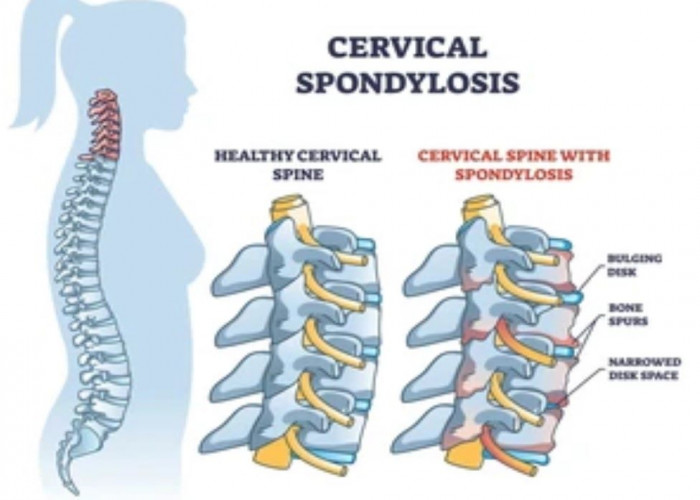 Welcome
Welcome
“May all be happy, may all be healed, may all be at peace and may no one ever suffer."
Cervical spondylosis
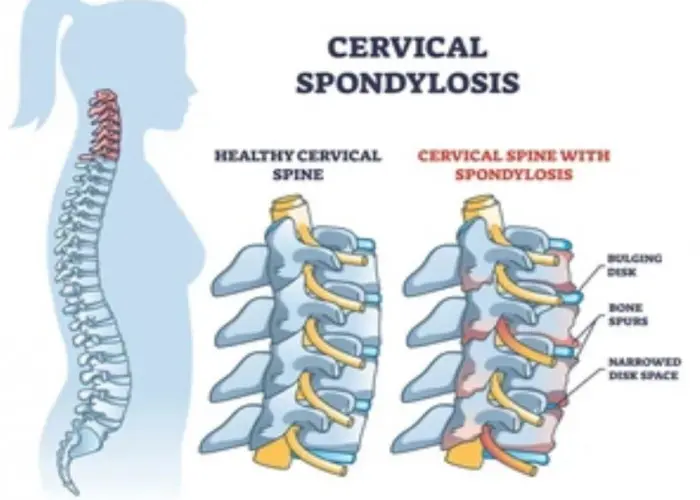
Cervical spondylosis is a degenerative condition that affects the joints and discs in the neck (cervical spine) due to wear and tear from aging or injury. It can cause a range of symptoms, such as neck pain, stiffness, and limited range of motion, as well as tingling, numbness, or weakness in the arms or hands. In more severe cases, cervical spondylosis can lead to compression of the spinal cord or nerve roots, which can cause more serious symptoms such as difficulty walking, loss of bladder or bowel control, and even paralysis. Treatment for cervical spondylosis typically involves a combination of pain management, physical therapy, and lifestyle modifications, such as avoiding activities that aggravate symptoms and maintaining good posture. In some cases, surgery may be recommended to decompress the spinal cord or nerve roots and alleviate symptoms. It is important to work closely with a healthcare provider to develop a personalized treatment plan and manage symptoms effectively over time.
Research Papers
Disease Signs and Symptoms
- Tingling in arms
- Numbness or tingling in hands and feet
- Difficulty walking
- Loss of bladder or bowel control (incontinence)
Disease Causes
Cervical spondylosis
As you age, the bones and cartilage that make up your backbone and neck gradually develop wear and tear. These changes can include:
- Dehydrated disks. Disks act like cushions between the vertebrae of your spine. By the age of 40, most people's spinal disks begin drying out and shrinking, which allows more bone-on-bone contact between the vertebrae.
- Herniated disks. Age also affects the exterior of your spinal disks. Cracks often appear, leading to bulging (herniated) disks — which sometimes can press on the spinal cord and nerve roots.
- Bone spurs. Disk degeneration often results in the spine producing extra amounts of bone in a misguided effort to strengthen the spine. These bone spurs can sometimes pinch the spinal cord and nerve roots.
- Stiff ligaments. Ligaments are cords of tissue that connect bone to bone. Spinal ligaments can stiffen with age, making your neck less flexible.
Disease Prevents
Disease Treatments
Treatment for cervical spondylosis depends on the severity of your signs and symptoms. The goal of treatment is to relieve pain, help you maintain your usual activities as much as possible, and prevent permanent injury to the spinal cord and nerves.
Medications
If over-the-counter pain relievers aren't enough, your doctor might prescribe:
- Nonsteroidal anti-inflammatory drugs. While some types of NSAIDs are available over the counter, you may need prescription-strength versions to relieve the pain and inflammation associated with cervical spondylosis.
- Corticosteroids. A short course of oral prednisone might help ease pain. If your pain is severe, steroid injections may be helpful.
- Muscle relaxants. Certain drugs, such as cyclobenzaprine, can help relieve muscle spasms in the neck.
- Anti-seizure medications. Some epilepsy medications, such as gabapentin (Neurontin, Horizant) and pregabalin (Lyrica), can dull the pain of damaged nerves.
- Antidepressants. Certain antidepressant medications have been found to help ease neck pain from cervical spondylosis.
Therapy
A physical therapist can teach you exercises to help stretch and strengthen the muscles in your neck and shoulders. Some people with cervical spondylosis benefit from the use of traction, which can help provide more space within the spine if nerve roots are being pinched.
Surgery
If conservative treatment fails or if your neurological signs and symptoms — such as weakness in your arms or legs — worsen, you might need surgery to create more room for your spinal cord and nerve roots.
The surgery might involve:
- Removing a herniated disk or bone spurs
- Removing part of a vertebra
- Fusing a segment of the neck using bone graft and hardware
Disease Diagnoses
Disease Allopathic Generics
Disease Ayurvedic Generics
Disease Homeopathic Generics
Disease yoga
Cervical spondylosis and Learn More about Diseases

Pyloric stenosis

Illness anxiety disorder
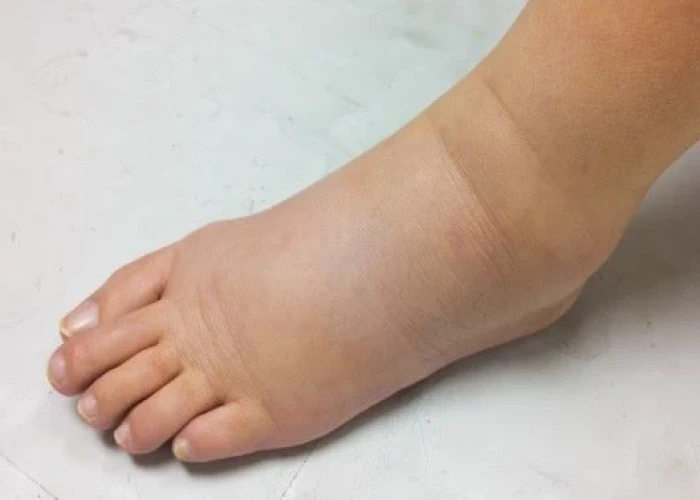
Lymphedema

Celiac disease

Carpal tunnel syndrome

Pinched nerve
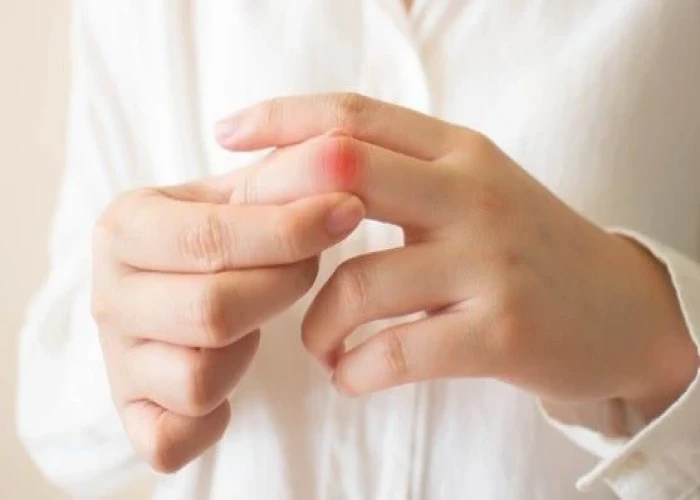
Pseudogout
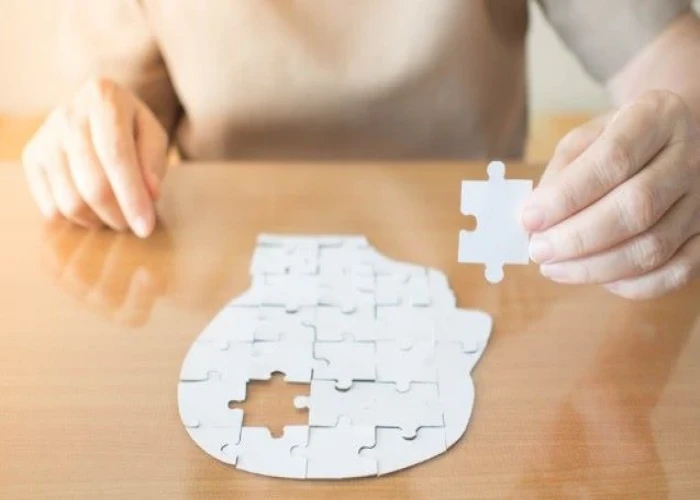
Mental illness
Cervical spondylosis, Spondylosis, Cervical spondylosis treatment, সার্ভিকাল স্পনডিলোস
To be happy, beautiful, healthy, wealthy, hale and long-lived stay with DM3S.
